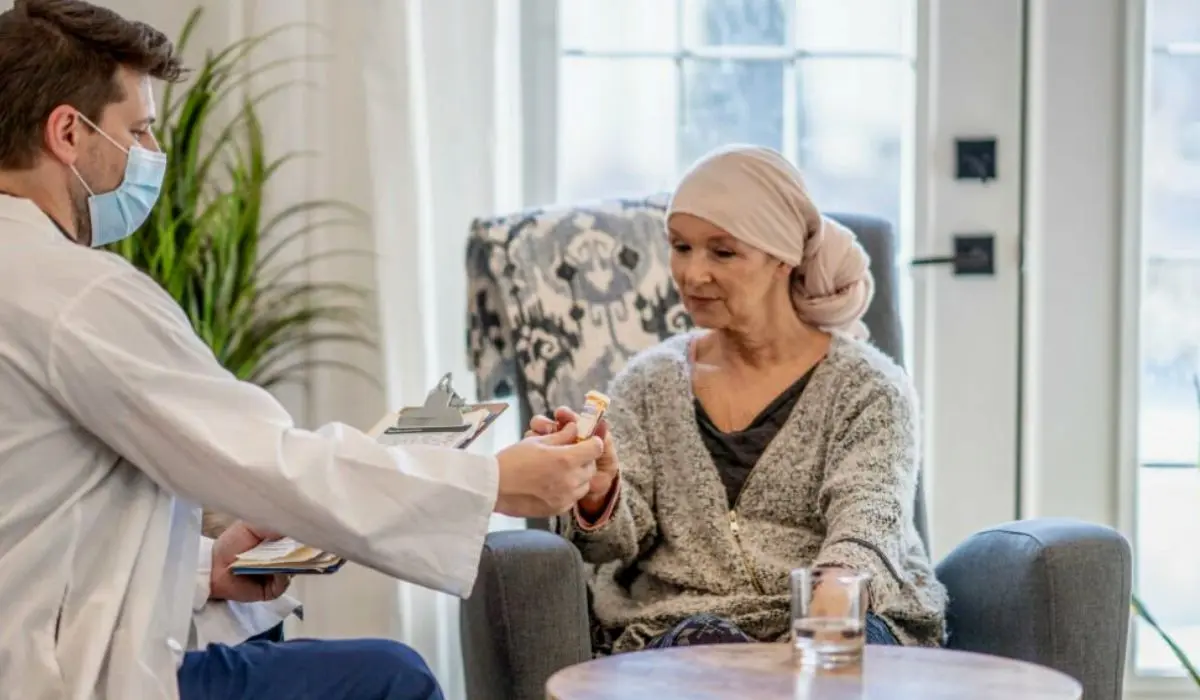Being diagnosed with cancer, according to experts, is seen as one scare most people do not want to have. But, cancers, especially when diagnosed late may need more than just wishes to take care of it. A more holistic approach, combining both conventional or orthodox medicine with other science-backed approaches or complementary therapies and lifestyle changes in addition to treatment can be a fine way to manage one’s self.
Battling cancer is not a walk in the park. Medical practitioners have noted that apart from the mental strain it has on its hosts, it impacts the lives of people around who may have to bear the burden of these modifications in lifestyle and the resulting financial cost on the overall family income.
What Are The Integrative Approaches To Cancer Care?
Integrative approaches have been identified as an effective way for cancer patients to care for themselves, making sure that their orthodox or conventional medication can go hand-in-hand with other forms of medicine.
In fact, research has shown that a vast number of cancer patients use these types of alternative medicines which may include therapies as ways to care for themselves and manage the disease.
It may not just involve medicine alone; lifestyle changes, including nutrition, exercise, and physical and psychological therapies, also known as psychotherapies, have been identified as coordinating factors to better and speedy recoveries for these patients.

A research published by the United States National Library of Medicine, medical doctors identified integrative approaches as a holistic way to treat a patient and not just the disease. So, in this case, the disease is not just cured, leaving the patients to suffer from the effects of the life-changing medications. Attaching rich therapies to support the very body or life that fights the disease is at the heart of the job these approaches offer.
The use of additional or adjunct technologies has been seen to assist medics in the diagnosis of early stages of cancers or the presence of carcinogenious cells, as well as monitoring the effectiveness or not of treatment.
It has been established that the primary cause of cancer is unknown. However, there are many risk factors that increase the likelihood of one developing cancerous cells and eventually coming down with cancer. Most of these factors are largely modifiable by the patients themselves. How then would these patients be able to know these things if their oncologists do not advise them?
This is where the preventive pathway of these integrative approaches comes in.
Undue stress, physical inactivity especially in adults, poor nutrition, sleep, and a lack of Vitamins D, C, A, and E, amongst others have been seen to predispose one to coming down with cancer.
When these factors are attacked and their effects reduced, then the prevention of these cancers is imminent. If, eventually, an individual comes down with cancer, addressing these risk factors may contribute to the overall well-being of the patient and elicit better and healthier outcomes, not just the treatment of the disease in question.
This is where the use of food supplements, like protein shakes, evidence-based complementary medicine like greens or herbs, and physical practices like exercise, physiotherapy, and other physical therapies come in.
These approaches help deal with the symptoms and signs associated with cancer and take care of its treatment while pursuing orthodox or conventional treatment.
The Cancer Centre, an online resource center for cancer patients, called integrative care ‘caring for the whole body, not the disease’ which has been the approach to treating or preventing cancer over time.
However, research has shown that while tackling the disease may manage the cancer, the factors that caused it in the first place may not be eradicated because of the lack of lifestyle medications.
At first, many patients underrate the dramatic turn cancer can have on their physical, emotional, and mental health. Apart from incessant nausea, vomiting, and tangential neuropathy accompanied by patches of dryness of the skin, especially the mouth, getting integrative therapies like nutritional support and rehabilitation which would be both conventional and behavioral would be expedient.
Read More:- Early Warning Signs Of Cancer – Is Early Diagnosis Possible?
Research has shown that more than 80 percent of patients living with cancer battle malnutrition. Another 65 percent have dietary supplement issues during treatment. One in three cancer patients continues to experience excruciating pain even after treatment.
Even at diagnosis, research has shown that one in two patients may have some form of nutritional deficiency, and at least seven in 10 cancer patients who are undergoing chemo always experience gross tiredness and stress. There is little or no moral, spiritual, emotional, and psychological support from medics whose jobs are mostly treatment-based and not welfare-based.
This has caused one in three cancer patients, according to research unexplainable distress and anxiety.
So, while surgeries are conventional; an integrative approach would combine surgery with chemotherapy, and other non-conventional tools like building strength and stamina, resilience, emotional intelligence, and better nutrition support. This leads to a better quality of life with evidence-informed therapies.